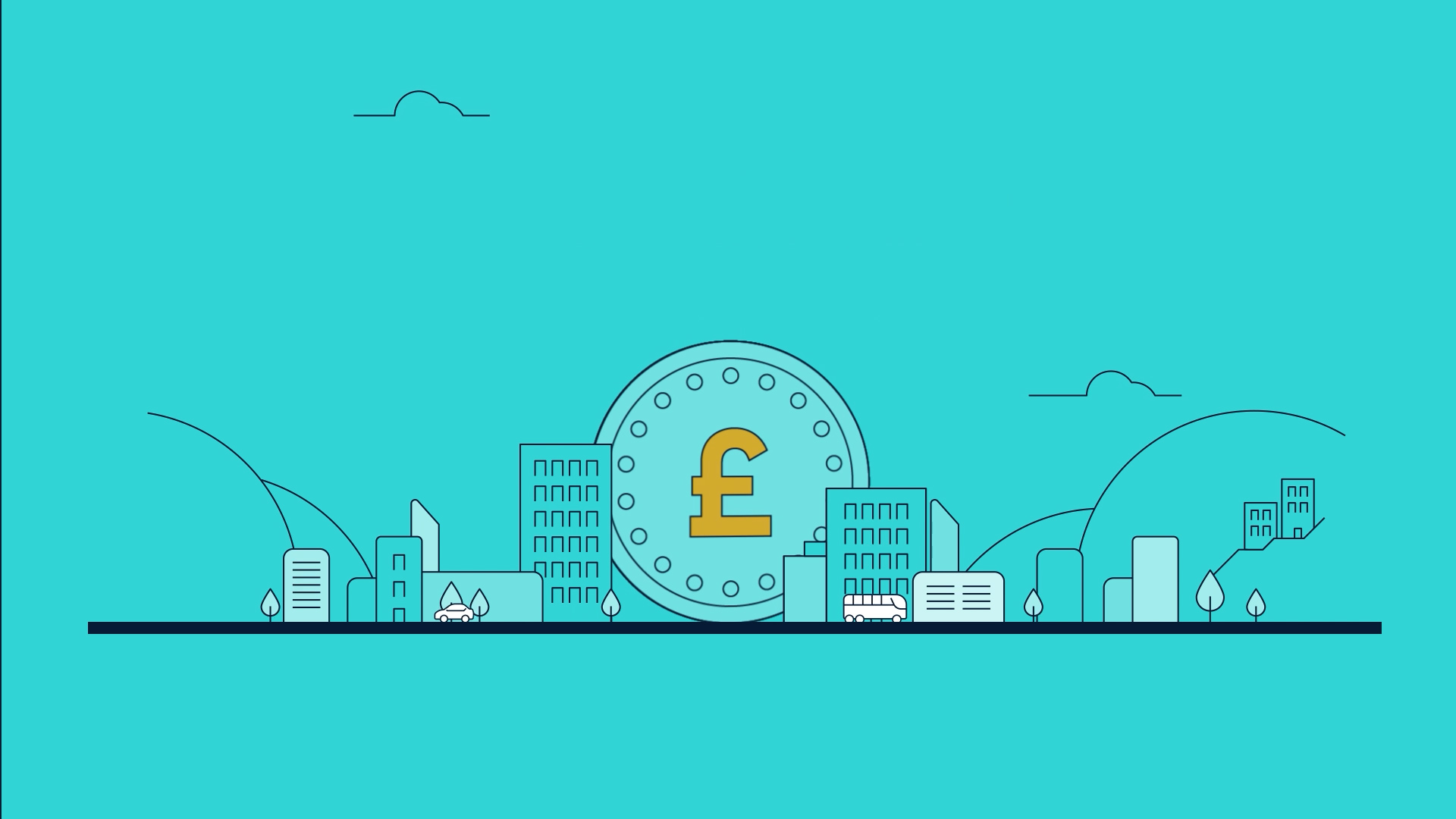What is central bank digital currency?
Central bank digital currency (CBDC) is money that a country’s central bank can issue. It’s called digital (or electronic) because it isn’t physical money like notes and coins. It is in the form of an amount on a computer or similar device.
The Bank of England is the UK’s central bank and together with HM Treasury, we are looking closely at the idea of a central bank digital currency for the UK. If we introduced one, we’d call it the digital pound.

How is a CBDC different to cryptoassets (also known as cryptocurrency)?
You may have heard of Bitcoin, Ether (Ethereum) and XRP. They are examples of privately issued digital assets (sometimes known as cryptocurrency or cryptoassets). CBDC are different to cryptoassets in several important ways.
Firstly, cryptoassets are issued privately. If anything goes wrong with a cryptoasset, there’s no central bank or government that can step in.
Secondly, the value of a cryptoasset is volatile. It can go up or down quickly in a very short space of time. This isn’t ideal when making payments. If we decided to issue them, digital pounds would be stable and retain their value over time.
Why are the UK and other countries looking at the case for a CBDC?
The UK and many countries are looking at the idea of a CBDC because there are more ways to pay for things than there used to be. More and more, people are choosing to pay electronically rather than use notes and coins.
Countries (and groups of countries) that are exploring the idea of a CBDC include the USA, China and the EU.

Will a CBDC replace cash?
People are using cash less to pay for things but we know it’s still important for many people. We will keep issuing cash in the UK as long as people want to use it.
